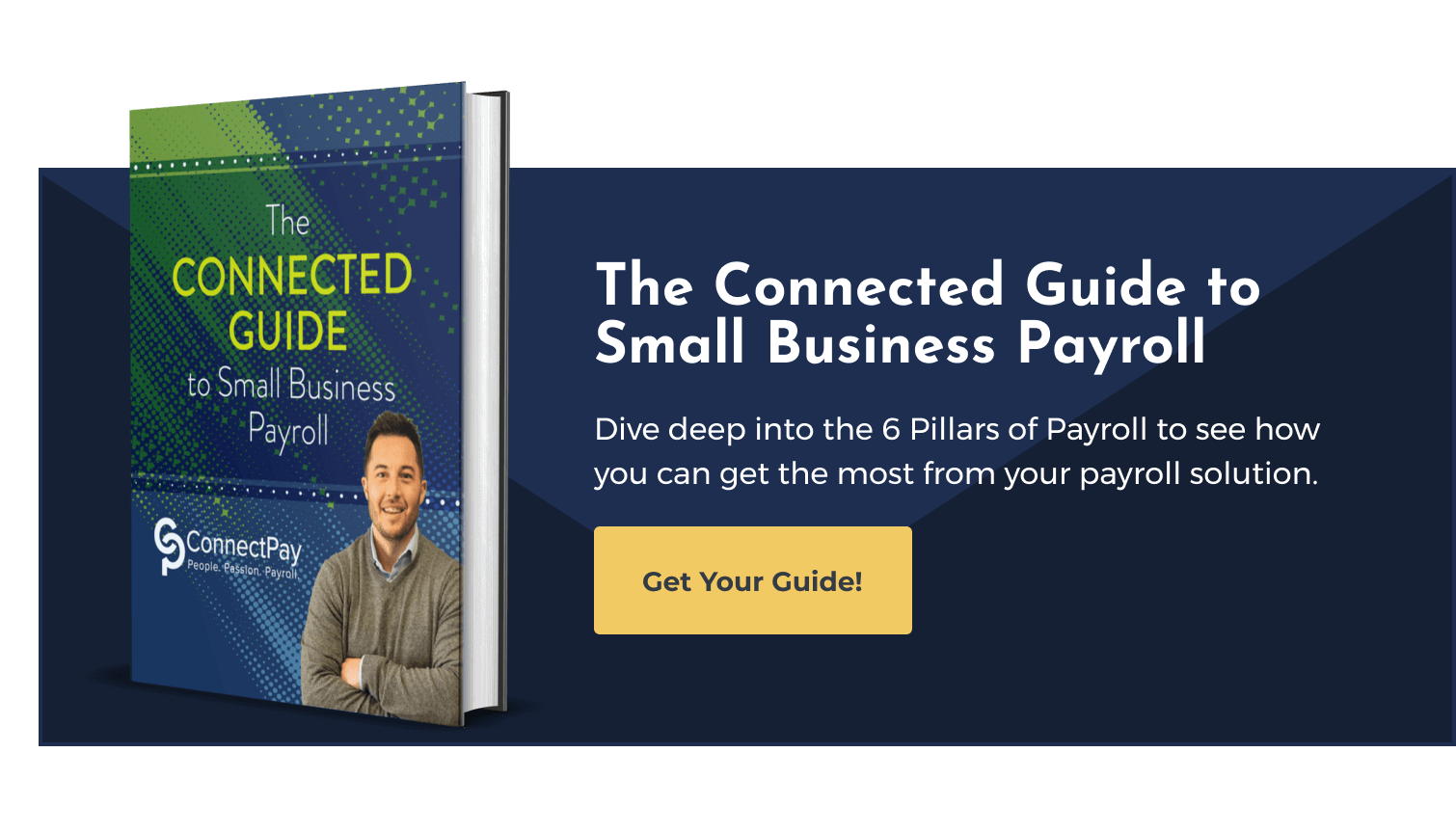Payroll for Independent Contractors: Can I Use My Payroll System?

You know your small business needs flexibility to thrive. But you also need workers with specialized skills and minimal training to keep your tax costs as low as possible. What if independent contractors help you achieve all that and more?
Still, running a small business is no walk in the park. You've got a never-ending to-do list: From chasing leads to managing client relationships, you need help to manage it all. Adding independent contractors to the mix might alleviate some challenges and offer flexibility to your business… but they also come with a whole host of payroll challenges.
Your payroll system has served you well with your in-house team, but can it handle the intricacies of paying any freelancers you add to the team?
This post dives into the details of payroll for independent contractors. We’ll discuss the possibilities and pitfalls, giving you the information you need to make the best choice for your growing business.
Payroll for Independent Contractors: Critical Considerations
Bringing on independent contractors can be a great way to scale your business. Still, there are several critical steps to avoid legal risks and build positive relationships that will make them want to keep working with you. From the hiring process to providing ongoing payroll support, remembering these considerations makes contractors feel valued and sets your business apart.
Properly classifying contractors helps you avoid potential lawsuits, back taxes, and penalties that misclassification can lead to down the road. Then, draft clear written agreements with these details to protect your confidential information and intellectual property, and to prevent conflicts by setting expectations upfront. Other details you should include in contractor payroll agreements are a clear payment structure to encourage and remind contractors to do their best work.
It’s also vital to understand your tax obligations and other laws to stay compliant with state and local regulations. Staying current with labor laws also ensures you avoid lawsuits and fines. But staying on top of these constantly changing details can be a challenge. Partnering with a payroll provider like ConnectPay prevents stressful IRS notices by handling payments and filings for you.
How to Classify Your Employees Appropriately
Not sure if you’re correctly classifying your workers as employees or independent contractors? Thankfully, the IRS provides guidelines based on Common Law Rules that examine behavior, finances, relationship type, and other factors to determine a worker’s status. For example, employees or contractors differ in the amount of control you as the employer have over their work or hours.
Common Law guidelines also explain categories like statutory (meaning formally documented) employees and statutory non-employees and the specific rules that apply to each to help you be confident when classifying contractors.
Related Read: 1099 vs W2: 4 Tips for Classifying Workers Correctly
Additionally, the Fair Labor Standards Act (FLSA) mandates that some positions require certain basic protections, like that minimum wage applies to employees. Knowing what positions require certain protections can help you find the best-fitting classification for your contractors.
How to Pay Independent Contractors
Once you’ve determined the class of independent contractors you need, the next step is figuring out how to pay them. Many contractors prefer fast access to their earnings. That makes digital payment options like direct deposit, PayPal, or prepaid pay cards a popular method. Another advantage of technology-savvy payment solutions is that they allow flexible payouts and give contractors transparency in their pay.
Pro tip: Some of these options are taxable, and you’ll want to track transactions closely to ensure your records–and your contractors’–are ready come tax season.
After you pick your payment method, set a payment schedule and terms in a signed contract or statement of work to clear expectations for when your contractors can expect compensation. Keep frequency in mind along with easy access: Some contractors prefer weekly or monthly installments.
Make sure to abide by any state and local laws about contractor pay schedules and final payments to avoid legal issues. Choosing to work with a small-business-focused payroll provider like ConnectPay can keep your to-do list manageable by following these guidelines for you. The bottom line is: if you can clearly set and continue to meet payment expectations, your contractors will be happy. And your payroll process will be smoother than ever!
Independent Contractor Tax Basics
Contractors in every state are responsible for paying self-employment tax and federal income tax, so you will keep these from their pay like you would for an employee. However, they’re exempt from federal unemployment and Social Security/Medicare taxes.
Where the states differ is in their specific requirements for reporting contractor payments and providing necessary forms (like 1099-MISCs and 1099-Ns). Depending on where you do business, you may need to give these details (like the contractor's taxpayer ID, full name, Social Security number, and payment amounts) to the state to complete the records.. An experienced tax or payroll professional can guide you through the proper forms and processes for your business.
1099-NEC vs. W2: What's the Difference?
Understanding the difference between 1099-NEC and W-2 forms and which types of workers get them prevents compliance headaches and helps make sure your payroll for independent contractors runs smoothly.
The 1099-NEC records and reports independent contractors' total compensation. You must provide the 1099-NEC to contractors by January 31 (or the following Monday if the 31st falls on a weekend) for them to file with the IRS on their own time, though you should report their earnings upon giving them the form. The W-2 reports wages, tips, and other compensation for your internal employees. You must provide to employees by January 31, but you have more time to file: they’re due to the IRS at the end of February.
Pro tip: Still trying to decide which forms you should send to whom and when? ConnectPay’s Connected Payroll Model can connect you with experienced local CPAs and bookkeepers to answer any questions about payroll for independent contractors.
Processing Payroll for Independent Contractors the Easy Way
We've covered a lot in this article—the basics of paying and classifying independent contractors, tax forms, and other need-to-knows. You want to do right by your contractors and employees, stay compliant, and keep your records clear. But without a guide, it's all too easy to make a simple mistake with severe consequences.
For a more in-depth roadmap to payroll success, download our free Connected Guide to Small Business Payroll. It shares indispensable insights on payroll laws, tax requirements, worker classification, etc.
And, if you ever need a trusted partner for technical "how to" questions or full-service payroll, consider us at ConnectPay. Our team of payroll experts can help you handle payroll and contractor payments smoothly, remain compliant with the IRS,and focus on growing your business. Downloadyour free Connected Guide today and get started!







